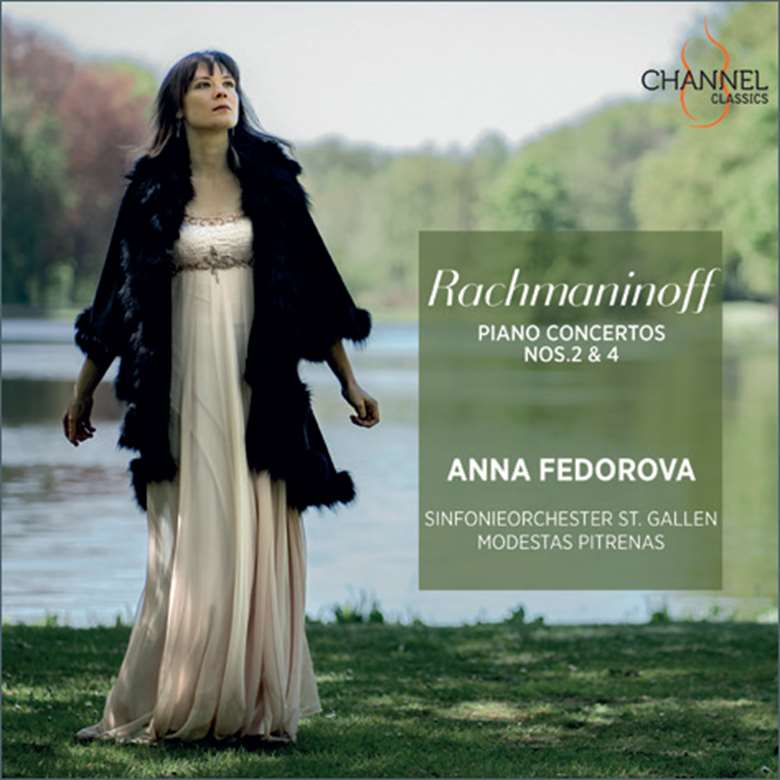Rachmaninov: Piano Concertos Nos 2 & 4 (Anna Fedorova)
Guy Rickards
Sunday, October 2, 2022
Fedorova is undoubtedly a fine performer but her playing has a certain reticence about it

Anna Fedorova pf St Gallen SymphonyOrchestra / Modestas Pitrenas
Channel Classics
As the war in Ukraine rages on, Ukrainian musicians continue rallying to the cause, raising funds, performing and proving the lie to Putin’s claim that Ukraine has no culture of its own. Kyiv-born pianist Anna Fedorova has done more than most, touring with the Ukrainian Freedom Orchestra and setting up a music academy for refugee musicians in the Netherlands. This recording of Rachmaninov’s least- and best-known concertos is another facet of her cultural campaign.
Rachmaninov may have been a Russian, through-and-through, but he had many connections with Kyiv, Ukraine and its musicians, and was forced to flee his homeland by earlier Russian oppression. The parallels are telling.
Fedorova is undoubtedly a fine performer but her playing has a certain reticence about it, as if reining in the music to prevent an excess of passion. That may be no bad thing in Rachmaninov, allowing her to explore these concertos’ inner feeling. The Second (1901) comes off best, but some listeners may prefer a brighter sound and more heart-on-sleeve expression.
Channel Classics’ sound is rather dry and unflattering, as critics have noted of other releases. Compared with Stephen Hough’s 2004 recording on Hyperion, for example, Fedorova and Pitrenas sound relatively colourless and lacking sharpness. This is a shame, as Fedorova’s interpretations are not at all bad. In No 4, she opts for the third and final version of 1941, providing a persuasive argument for it as a convincing whole.
Federova’s booklet note highlights the ‘enormous emotional power’ of Rachmaninov’s music, which she says ‘offers hope, raises the spirit and gives us the strength to go on’. Her playing certainly reflects these sentiments.






